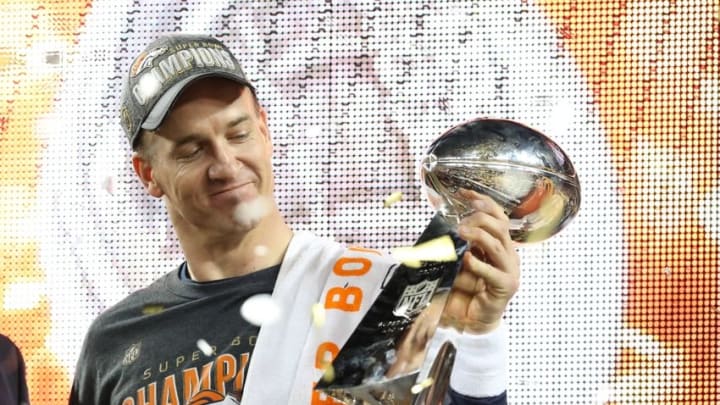Given the AFC’s recent dominance in the Super Bowl, the New England Patriots may have an advantage as they meet the Atlanta Falcons in Houston.
As we know, professional football is very cyclical. During the Super Bowl era dating back to 1966, we have seen ebbs and flows in terms of which conference has dominated at times. Courtesy of the Green Bay Packers, the NFL won the first two Super Bowls. That was followed by a pair of upstart wins by the New York Jets and Kansas City Chiefs, respectively, in Super Bowls III and IV.
More nfl spin zone: 2017 NFL Free Agency: Every Team’s Top Potential Cap Casualty
In 1970 came the AFL/NFL merger on the field. We would see the NFL’s Baltimore Colts, Cleveland Browns and Pittsburgh Steelers join the newly-established American Football Conference. During that decade, the AFC would win eight of the 10 Super Bowls.
The 1980s began with the Oakland Raiders winning their second NFL title. But from 1981-96, NFC teams would capture 15 of the next 16 Lombardi Trophies. Following the Los Angeles Raiders’ 38-9 conquest of the Washington Redskins in Super Bowl XVIII, the NFC would win 13 consecutive meetings with the other conference—by an astounding combined count of 490-219, no less. Round that off and it was an average margin of victory of 38-17.
More from Super Bowl
- Caesars NFL Promo: $1,250 Bonus for Any Super Bowl Pick
- Get $200 Instantly For Placing Any $5 Super Bowl Bet With Crazy New DraftKings Promo
- Top 5 reasons why the Cowboys can actually win the Super Bowl
- 12 NFL teams that have never won a Super Bowl heading into 2023 season
- 5 moves the Eagles could make to win the Super Bowl in 2023
Then came John Elway and the Denver Broncos’ 31-24 upset of the Packers in San Diego. Counting that contest, it would launch a 9-3 run by AFC teams on Super Sunday that dated to 2008. Over that span, the Broncos, (2), New England Patriots (3) and Steelers (2) would capture seven of those Lombardis.
Then we saw the NFC rip off three-straight wins courtesy of the New Orleans Saints (XLIV), Green Bay Packers (XLV) and New York Giants (XLVI). Now it’s the AFC back in control, winners of three of the last four Super Bowls thanks to the Baltimore Ravens (XLVII), Patriots (XLIX) and Broncos (50).
History lesson over, why the change in conference momentum? What we have seen is steady quarterback play from Joe Flacco, Tom Brady and Peyton Manning (at least for one half). More importantly, we have seen big plays from the defense and special teams from these three recent champions. Yes, the Ravens quarterback completed a postseason run in 2012 by throwing 11 touchdown passes in four games. But Baltimore also forced 10 turnovers during that playoff run.
In 2014, the Patriots outlasted the Ravens and then routed the Colts in the postseason. More importantly, the club made the big play when it counted most. Malcolm Butler’s interception of Seattle’s Russell Wilson near the goal line in Super Bowl XLIX was as much about New England’s preparation as Seattle’s questionable play-call. And a year ago, it was Denver’s Von Miller that set the tone. The Super Bowl 50 MVP spent nearly as much time in the Carolina backfield than Panthers quarterback Cam Newton.
Next: Each Team's Biggest Draft Bust in Last 5 Years
So what can we expect on Super Sunday? Look for both teams to bring their defense in one form or another. That’s always been the key. But also don’t be surprised that, despite the Atlanta Falcons’ best efforts, a team from the AFC walks away with a championship for the fourth time in five years. Simply put, they have made the biggest plays in crunch time as of late in this series.
